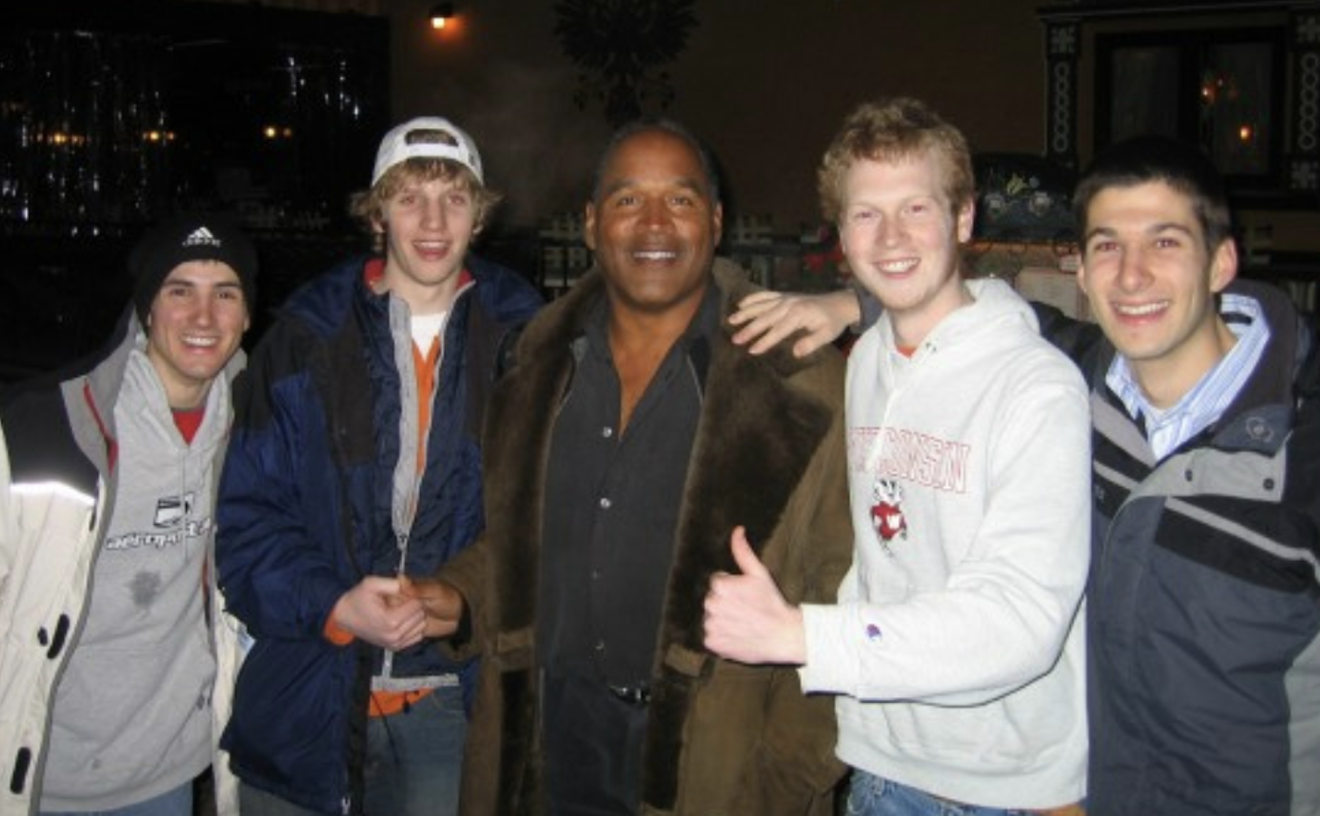Peck, a lawyer and political strategist for Henley Public Affairs, is a fan of Polis's. "I've spoken with him, and I'm very impressed with how he talks with all the different stakeholders and works with everyone, including Republicans," she says. "I think he went into the committee hearing trying to get points from all perspectives, which is what a congressman should do."
Regarding Holder's responses to Polis's questions, she calls them "fascinating, because you have the White House now saying it stands behind its previous position as outlined in the Ogden memo" -- a 2009 document penned by Deputy Attorney General David Ogden, which directed U.S. Attorneys not to target medical marijuana businesses in states where they're legal as long as they're following state law.This summer, a memo by another deputy attorney general, James Cole "articulated a different position" than did the Ogden directive, Peck believes. In it, Cole wrote that while "it is likely not an efficient use of federal resources to focus enforcement efforts on individuals with cancer or other serious illnesses who use marijuana as part of a recommended treatment regiment consistent with applicable state law, or their caregivers," he stressed that the term "caregiver" means "individuals providing care to individuals with cancer or other serious illnesses, not commercial operations cultivating, selling or distributing marijuana." In other words, a dispensary isn't a caregiver.
Given this apparent shift, Peck was cheered when Holder said the Ogden memo is still current. That shows "the White House is standing behind its original position," she feels, "and that's significant. And I also thought Holder's wording was interesting. It was clear he didn't know a lot about Colorado's system. But he did say it's the federal government's position that so long as people are acting in conformity with state law, the feds don't see it as a law enforcement priority. That's different from what was previously said, which called for 'unambiguous compliance.'
"I caution against reading too much into that" when it comes to the industry in Colorado, she continues. "But the federal government raids in California were based on a set of facts that are very different from what we see in Colorado. I get that question a lot: Why aren't there federal raids in Colorado? And I tell them we have a constitutionally protected system and extensive regulations, and we don't have the infighting between state agencies that a lot of states do. This is truly a trans-partisan system, with the most conservative Republicans coming together with the most liberal Democrats."
Still, there was one aspect of Holder's comments that worries Peck.
Page down to continue reading and see the Polis-Holder video.
"The most concerning aspect of Holder's testimony occurred when he said that so long as caregivers and patients are acting in conformity with state banking laws, then enforcement of federal prohibition won't be a priority," Peck says. "But as we know, banks are federally regulated. So even if the Department of Justice or the DEA doesn't come in to sanction banks, the FDIC and all the other immense agencies involved in federal banking regulation could. It's no wonder that they don't want to work with medical marijuana dispensaries. And it puts dispensaries in a catch-22."That's one reason why Senator Pat Steadman has been floating the idea of a medical marijuana credit union. Last week, he told our William Breathes that he hopes senators and representatives will pass what he calls "enabling legislation" creating a framework for the launch of a credit union by independent parties.
If such a bill passed, Peck thinks plenty of entrepreneurs would jump at the chance of getting involved, despite apparent conflicts between state and federal laws regarding marijuana. "There's tremendous interest in the credit union model," she maintains. "As for as non-resident lenders, there are people who've been very successful in business across the country who want to come in and launch a financing model -- to do it in a way that wouldn't violate the residency restrictions but still allow them to lend to dispensaries and medical marijuana businesses. And I think if the state permits the structure, this industry, which is very innovative, would take it and run with it."
Although Peck sees little opposition on the state level to such a plan due to the financial transparency inherent in the credit union approach, however, she's understands the prospect of unintended consequences. "The Medical Marijuana Enforcement Division would love this, I think the legislature would love this, and certainly the industry would love it. But the big question becomes, if Colorado permits this type of system, will we then be subject to the federal backlash that we thus far have been largely spared from?"
Here's the Polis-Holder exchange:
Click here to follow and like the Michael Roberts/Westword Facebook page.
More from our Marijuana archive: "Medical marijuana: Jared Polis disappointed in Justice Dept. memo but doubts sky is falling."











